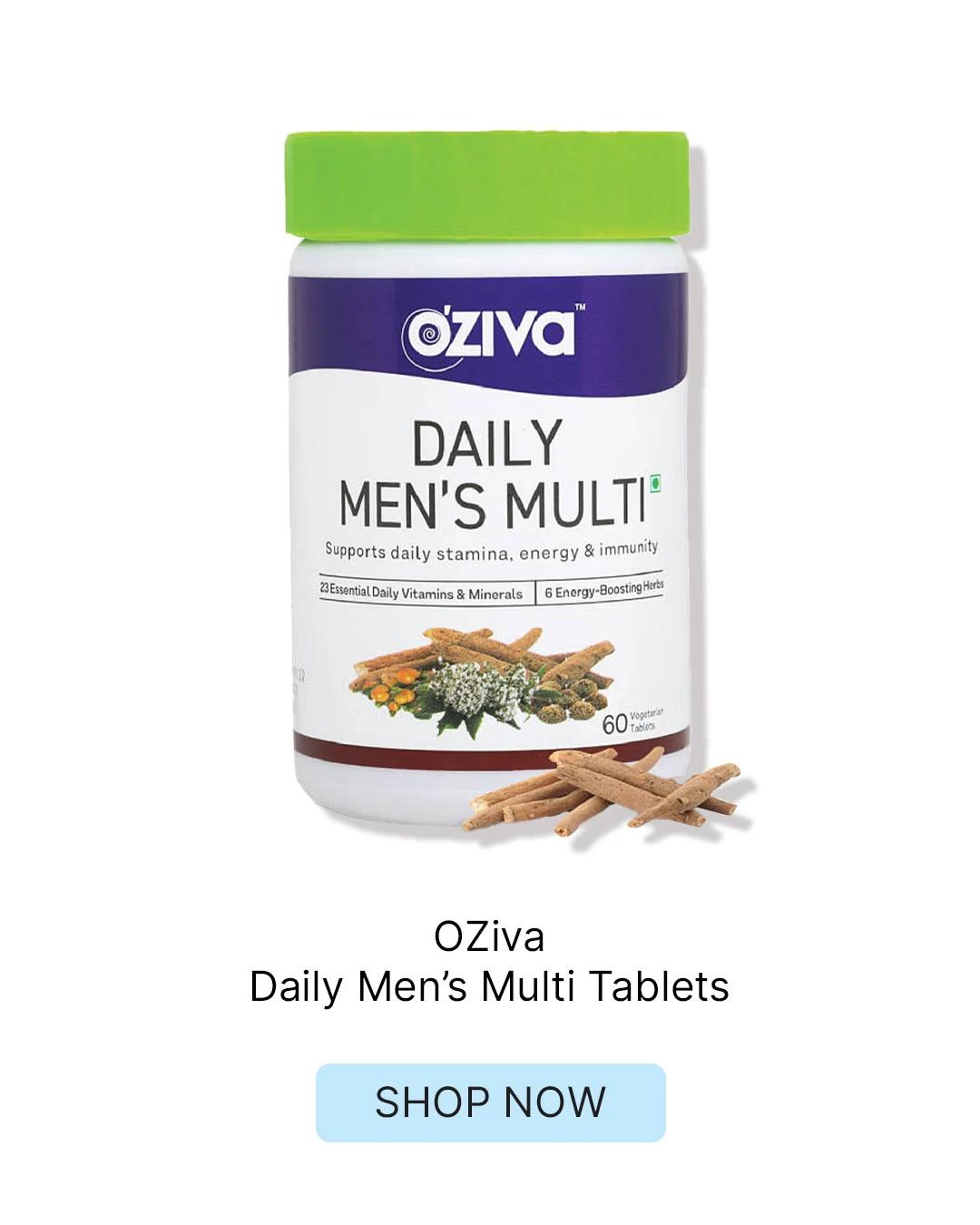Ever popped a multivitamin at random times and wondered if you're doing it right? Real talk—timing isn't just about remembering to take your daily dose. When you take your multivitamin can make or break how well your body actually uses those nutrients. Think of it like this: you wouldn't wear your favourite outfit to bed, right? Same energy applies to your wellness supplement timing. Getting the **best time to take vitamins** sorted means your body gets the most bang for its buck, and honestly, that's what we're all here for.
Understanding Multivitamin Absorption
Here's the thing about multivitamin absorption—it's not as straightforward as just swallowing a pill and calling it a day. Your body is pretty clever about how it processes different nutrients, but it needs the right conditions to work its magic. Think of your digestive system as that friend who's great at organising parties but needs everything to be just right for the event to be a success.
Factors Affecting Nutrient Absorption
Your digestive processes are constantly working behind the scenes, but they can be influenced by loads of things. What you eat, when you eat, and even your stress levels can impact how well your body soaks up those vitamins. Individual health conditions also play a part—your mate might absorb iron brilliantly whilst you might need a bit more help with vitamin D.
Water-Soluble vs. Fat-Soluble Vitamins
Not all vitamins are created equal when it comes to absorption. **Water-soluble vitamins** like vitamin C and B vitamins dissolve in water and get absorbed quickly, but they also leave your system pretty fast. **Fat-soluble vitamins** (A, D, E, and K) need fat to be absorbed properly and stick around in your body longer.
The Best Time to Take Multivitamins: Morning vs. Evening
This debate is basically the wellness world's version of 'tea or coffee?' Everyone's got an opinion, and honestly, both sides have some solid points. The truth is, the optimal vitamin intake timing might depend on your lifestyle, your specific vitamin blend, and what your body responds to best.
Benefits of Morning Intake
Morning multivitamin fans swear by that energy boost that comes with starting the day right. B vitamins in particular can give you a natural pick-me-up, which is brilliant for tackling your morning meetings. Plus, taking vitamins early means your body has all day to process and use those nutrients effectively.
Advantages of Evening Consumption
But hold up—evening intake has its perks too. Some minerals like magnesium and calcium are actually better absorbed when you're winding down. If your multivitamin contains these, taking it with dinner might help with better sleep quality whilst supporting absorption.
Optimising Your Daily Supplement Routine


 60 Tablets
60 Tablets 15 Tablets
15 Tablets 90 Tablets
90 Tablets Pack of 60
Pack of 60